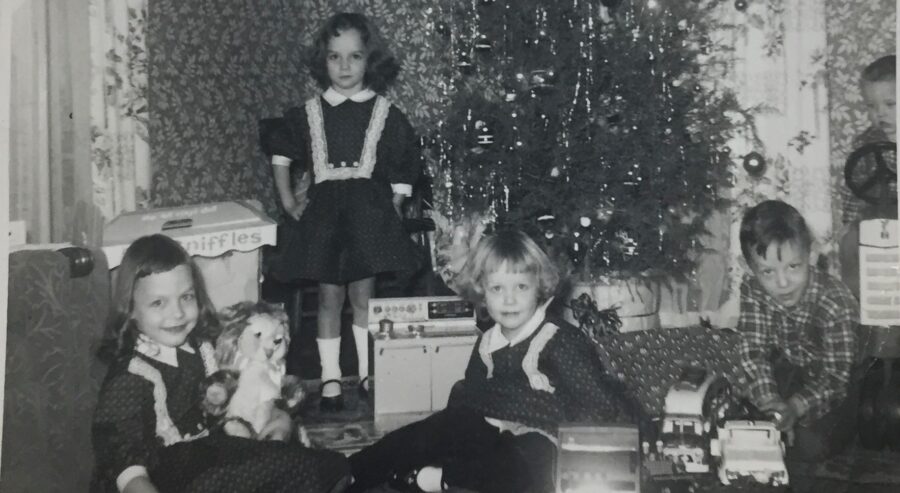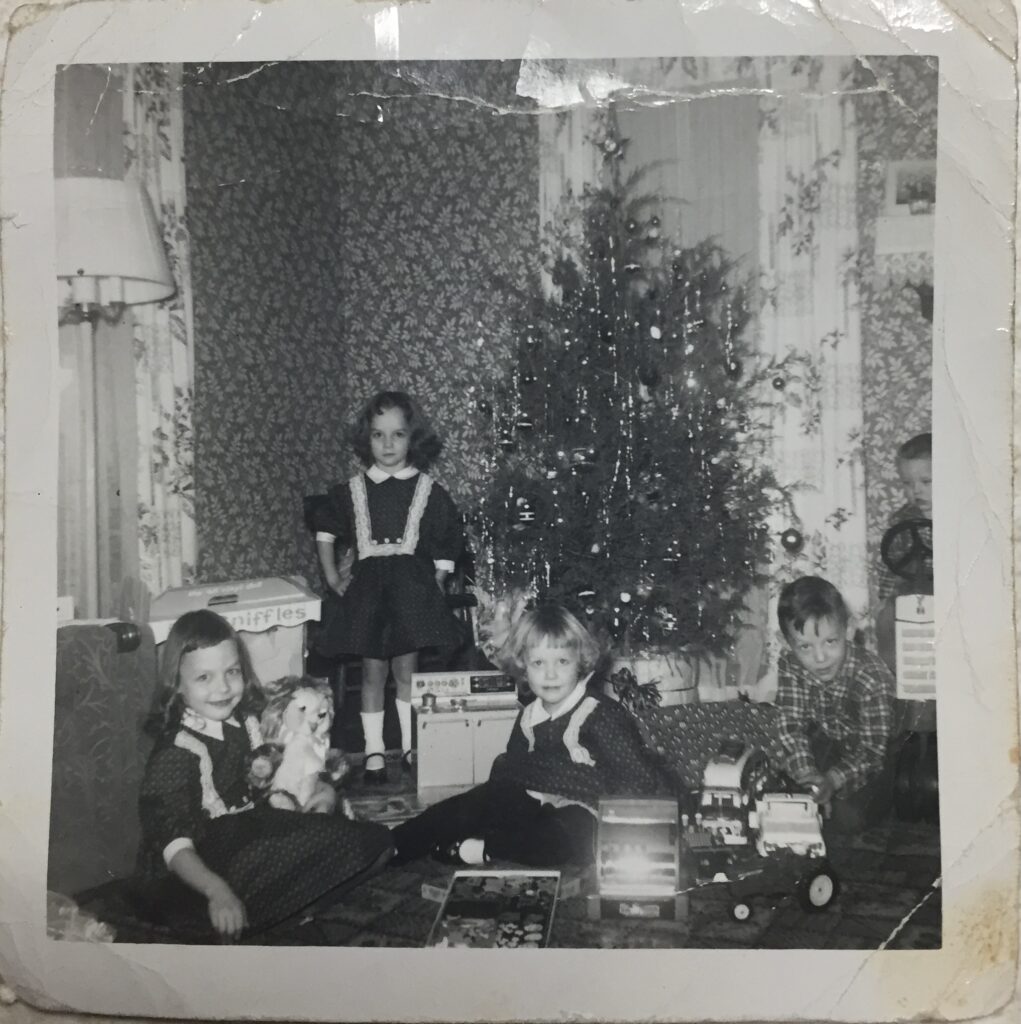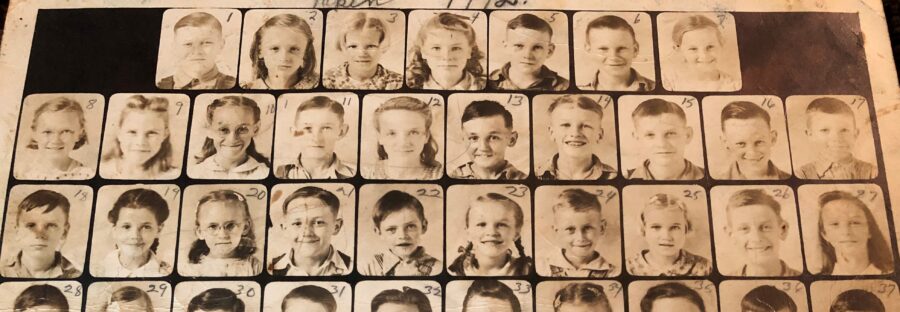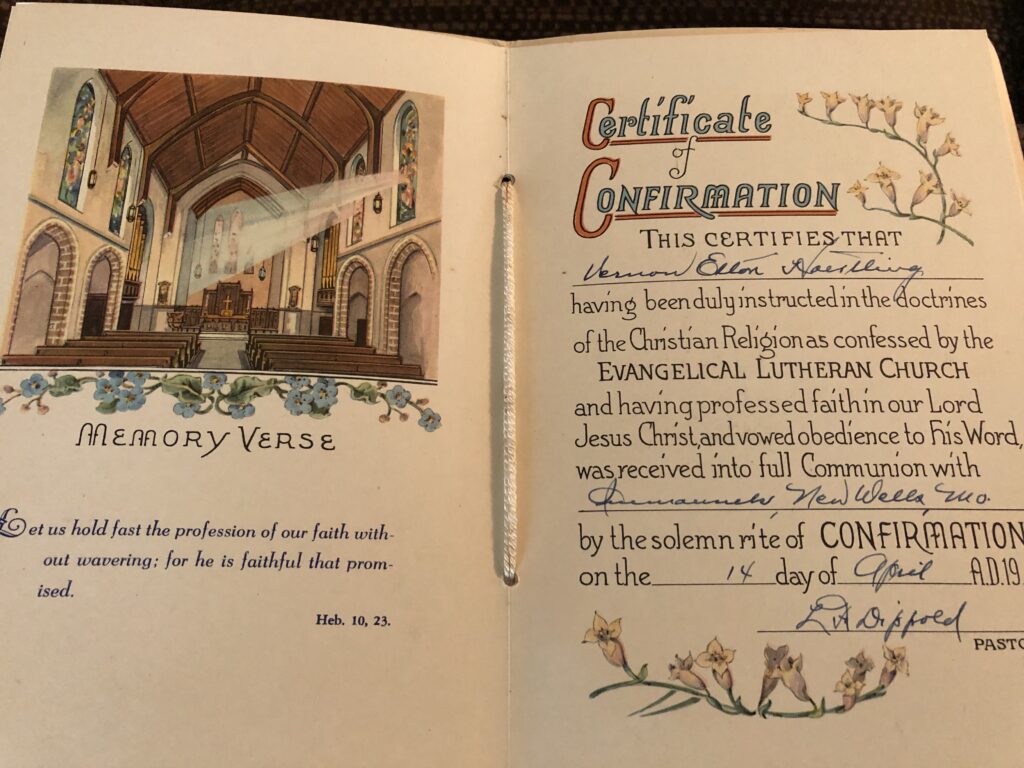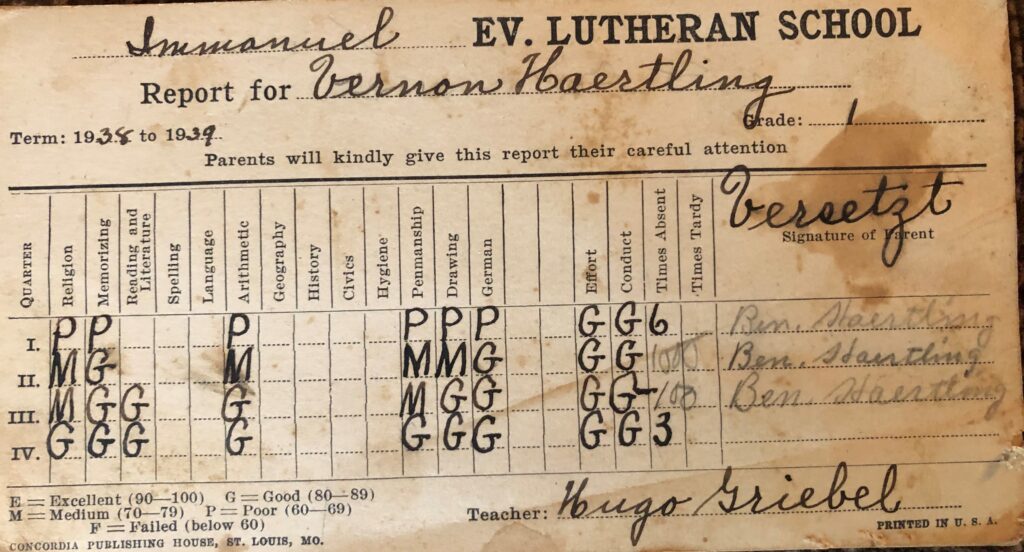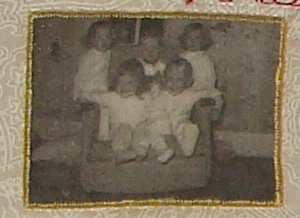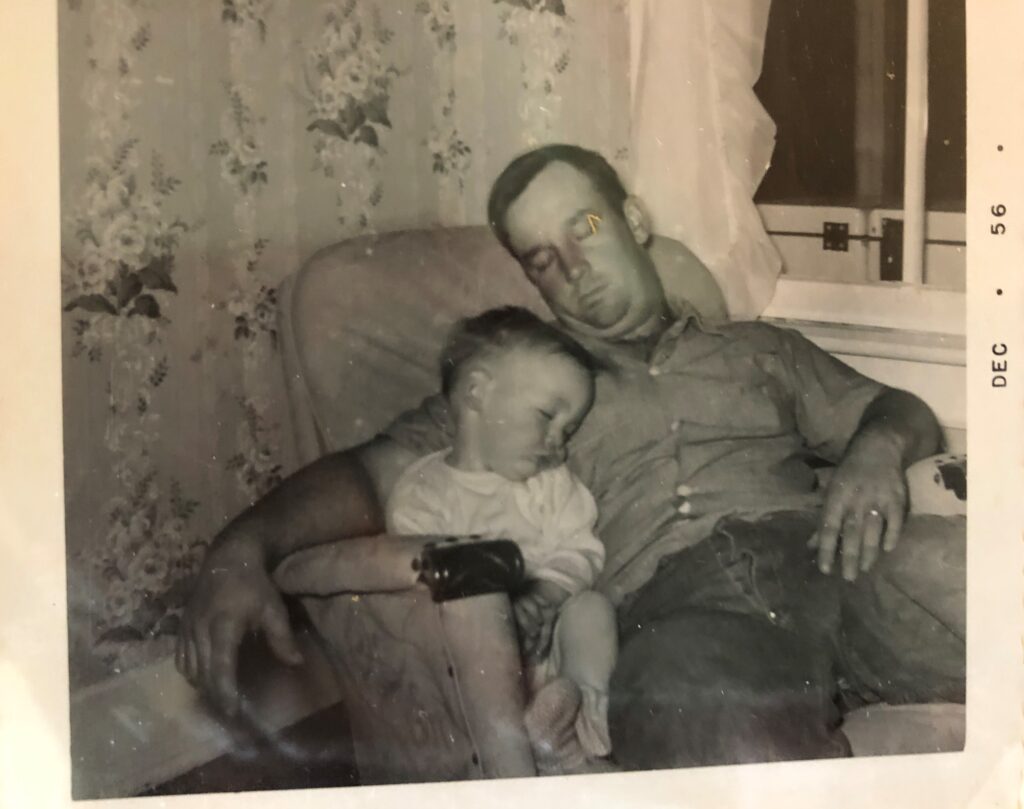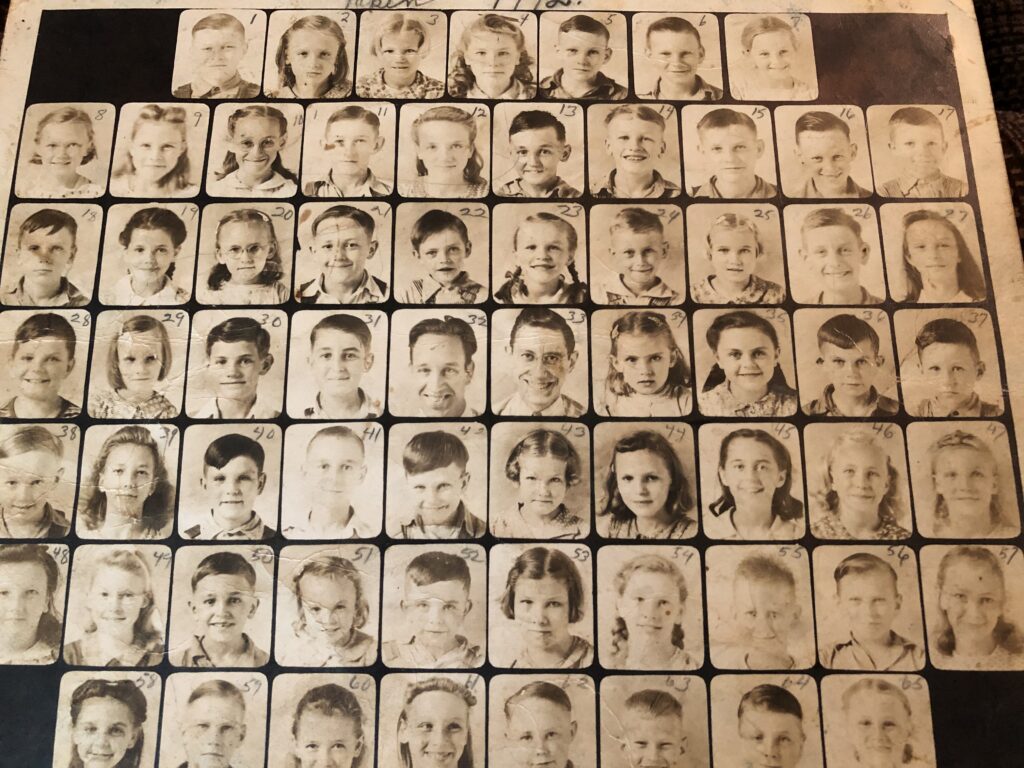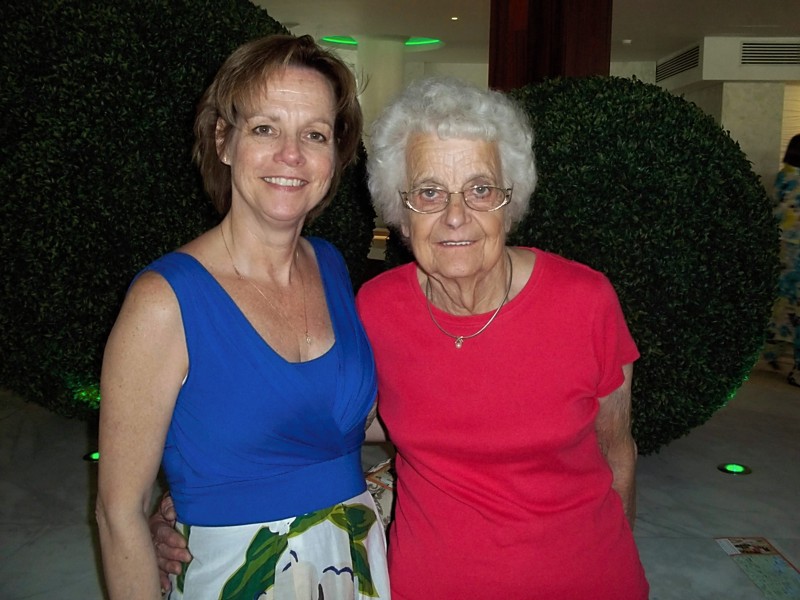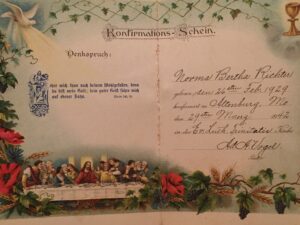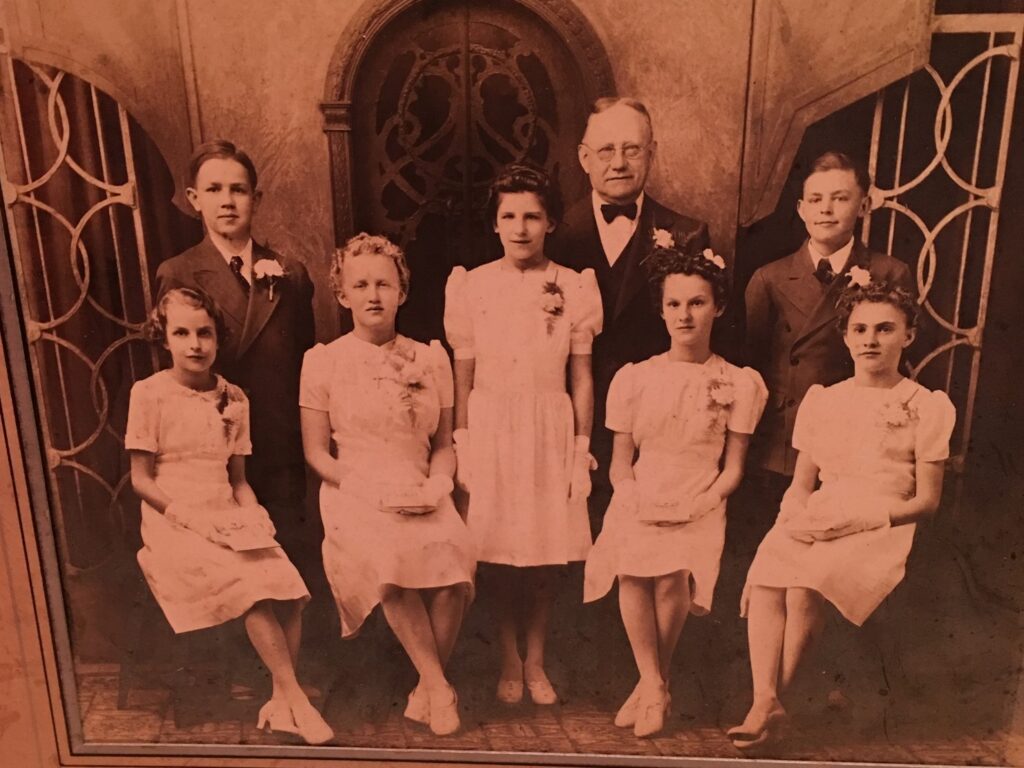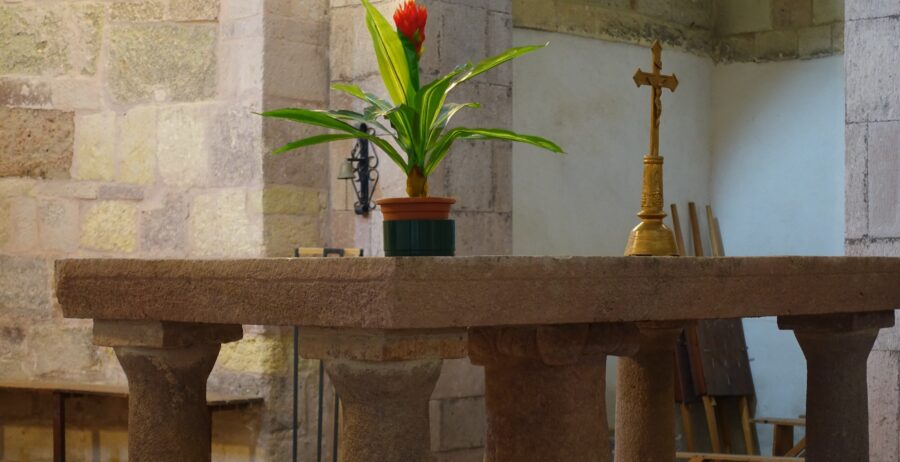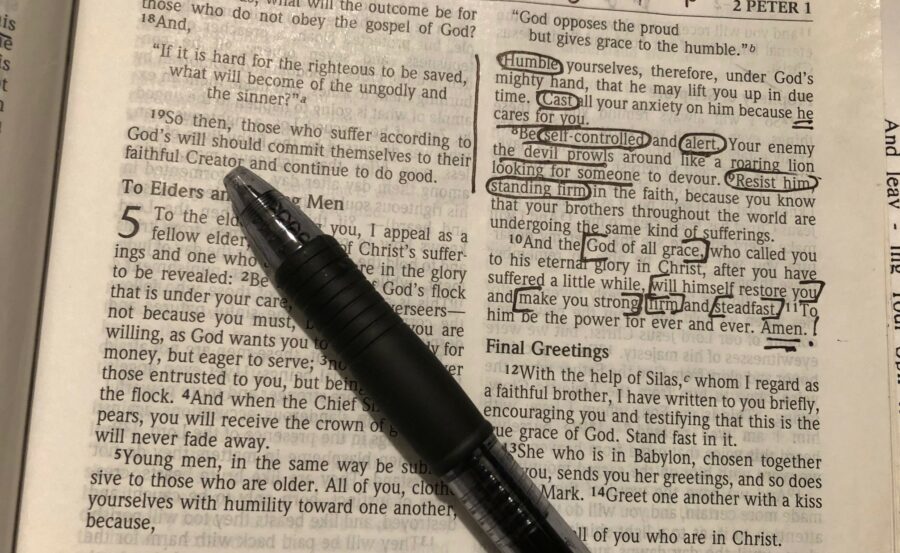Well, it’s official. It is time to carry the torch. My uncle died a few days ago. In his passing, he signals the end of a generation.
Uncle Sonny was the last living uncle on my mom’s side of my family. He had been married to mom’s youngest sister, Viola.
His smile. That is what I remember most about him. A warm expression that seemed to go straight from his eyes down into his soul.
As the last surviving member of the “senior generation,” he had held a special distinction — an honor bearing the inherent responsibility of family and faith. My mom enjoyed the same regard when she was the last surviving aunt on the Haertling side, my daddy’s family. To some extent, those “seniors” took me off the hook.
But now, that generation is gone. It is time to carry on the spiritual torch of faith.

I lived among people who were distinguished as both speaking and seeing witnesses of their faith. Parents and grandparents and aunts and uncles who by their words spoke of who Jesus Christ is. Through the hard times, in dark nights of grief, and in celebrations of joy, they sang of the Lord’s faithful love. In their prayers and words of encouragement, in their stories, and in what they taught raising and correcting their children, they spoke of what they knew.
As seeing witnesses, nothing was circumstantial, nothing indirect. Recounted in how they lived, they testified to a heritage of faith in Christ Jesus from what they understood firsthand: God is good. It was the same torch they had seen. The one the generation before them had passed on, preceded by the one previous. Flawed, imperfect people? Obviously. Faithful to God? Unmistakably.
Cutting My Teeth on Christmas Blog
In circa 67 AD, knowing his time here on earth was growing short, the Apostle Paul prepares to pass the torch. He writes the most amazing letter “to Timothy, my dear son” (2 Timothy 1:1-2).
Full disclosure: You may feel a little embarrassed reading such a personal message. It is one filled with deep emotion. (2 Timothy)
You then, my son, be strong in the grace that is in Christ Jesus. And the things you have heard me say in the presence of many witnesses entrust to reliable people who will also be qualified to teach others.
2 Timothy 2:1-2
A speaking witness and a seeing witness, Paul charges Timothy, “You, however, know all about my teaching, my way of life, my purpose, faith, patience, love, endurance, persecutions, sufferings … the persecutions I endured. Yet the Lord rescued me from all of them …” (2 Timothy 3:10-11).
It is now Timothy’s time to carry the torch: “But as for you [Timothy], continue in what you have learned and have become convinced of, because you know those from whom you learned it, and how from infancy you have known the Holy Scriptures, which are able to make you wise for salvation through faith in Christ Jesus” (2 Timothy 3:14-15).
Quite a stirring message for us living in the 21st century. We are each recipients of the same Truth. Earnest remarks that Paul appealed to Timothy: to remain loyal to the Gospel of Jesus Christ, to avoid godless chatter, to remain on guard of false teaching, to keep our head in all situations. To endure.
So, a generation is gone. They were people who ran with perseverance. Their testimonies remain.
I am no longer a daughter or a grandchild or a niece. But, I am not alone. Less I forget, I am in the company of four siblings and 17 cousins who each belong to the now senior group of the Ben Haertling-Hugo Richter clan (sans spouses). And what a group we are.
The torch of faith is entrusted to each of us. It is now officially ours. And sustained by God’s faithfulness, it is time to carry the torch forward.
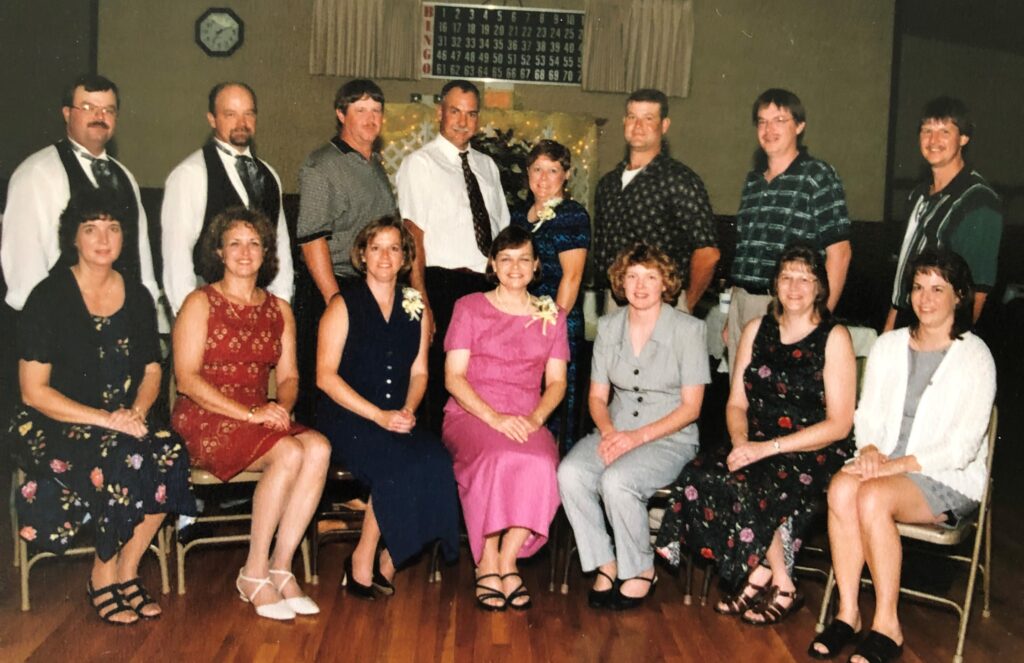
The Hugo Richter Seniors
One cousin missing from photo. c. 2000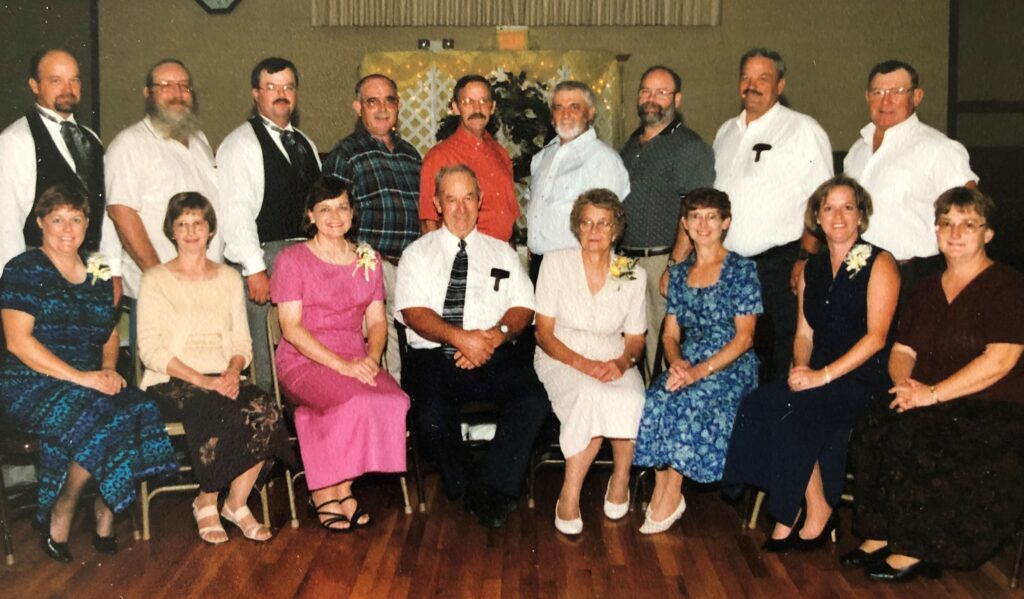
The Ben Haertling Seniors
Vernon and Norma Haertling, four cousins now deceased. c. 2000
Let us ever walk with Jesus, Follow His example pure,
Flee the world, which would deceive us, And to sin our souls allure.
Ever in His footsteps treading, Body here, yet soul above,
Full of faith and hope and love, Let us do the Father’s bidding.
Faithful Lord, abide with me; Savior, lead, I follow Thee.

